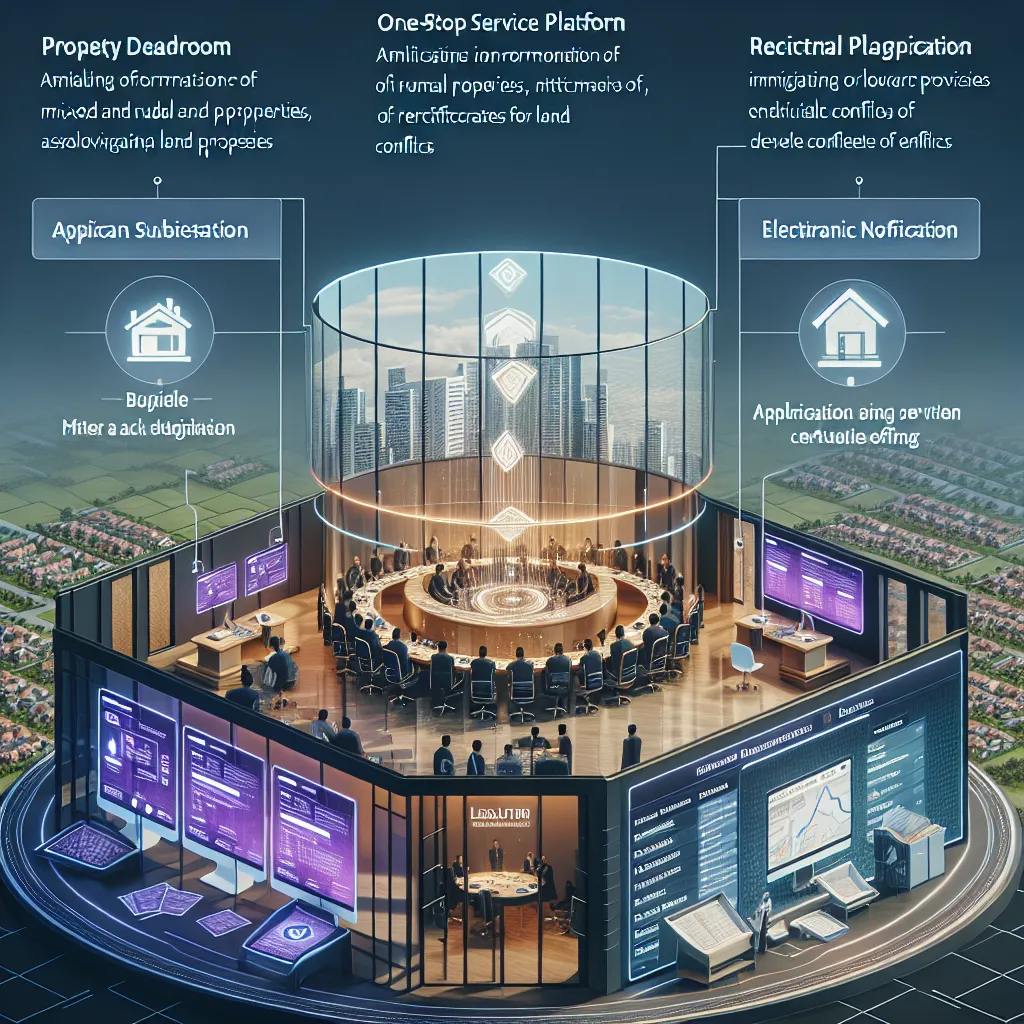Modernization of the legal system in real estate

The modern real estate market requires an update of legislation to avoid situations of risk and uncertainty. The existing legal framework in the field of real estate still does not meet today's demands, leading to situations of risk and uncertainty that could have been avoided.
For example, how can the absence of a unified digital document for each real estate property, which contains all the necessary information (ownership, encumbrances, area, boundaries, etc.) in a complete, clear, and organized manner, be justified, instead of the current system where the same property is registered in the Land Registry and the Tax Service with incomplete and often contradictory information?
Fortunately, we have started to see efforts towards modernization from the legislator, emphasizing the importance of technology and digitalization. It is worth considering three examples:
a) Remote authentication
In response to the challenges posed by the COVID-19 pandemic, Resolution No. 126/2021 was approved on December 30, establishing a temporary legislative regime that allows for the execution of authentic acts, authentication of private documents, and certifications requiring the presence of interested parties via videoconference. The aim is to enable citizens to carry out these actions in a simpler and more efficient manner, without the need to travel. To this end, the Portuguese Ministry of Justice provides an online platform for conducting these acts, available on the Justice Portal (Portal da Justiça), which offers access to videoconferences. Participants only need their identification (citizen card) or digital mobile key for authentication on the platform, as well as an active digital signature for any acts requiring a signature. This regime is particularly important for the real estate sector, as it allows, for example, for the remote execution of real estate purchase agreements, thereby facilitating faster and more efficient real estate transactions.
b) Unified Real Estate Information Bureau
The Unified Real Estate Information Bureau (BUPi - Balcão Único do Prédio) is a physical and virtual service point established by Law No. 78/2017 of August 17, which consolidates information on registration, land plots, and georeferenced information about mixed and rural plots in Portugal. The goal of BUPi is to accurately define land in municipalities where there is no land registry. For online identification and land registration, owners only need to (i) authenticate using their citizen card or digital mobile key (chave móvel digital); (ii) locate their property and define its boundaries; (iii) sign a declaration of responsibility; and (iv) submit the process for evaluation and verification by an employee who will check that the information is in order. Land can also be defined and registered at one of the physical BUPi service points located in participating municipalities, with the support of a qualified employee.
c) Electronic platform for urban planning procedures
Decree No. 77/XV was recently approved, allowing the government to reform and simplify licensing in the field of urban planning and land use. This is merely a legislative authorization that still needs to be implemented. Bill No. 77/XV provides for the creation of an electronic platform for urban planning procedures. This platform, which must be implemented by January 5, 2026, aims to standardize licensing procedures across all municipalities in the country and collect information about each process on a single platform. This platform will allow for online application submissions, checking the status of processes and timelines, receiving electronic notifications, and obtaining certificates of exemption from urban planning procedures. Among other features, it will enable future applications in Building Information Modelling (BIM) format. Given the numerous challenges faced by developers and, in general, individuals during licensing procedures (delays, discrepancies in procedures between municipalities, difficulties in interaction, etc.), the implementation of this platform will undoubtedly be a significant asset.
The development of the real estate sector will continue to bring increasingly complex legal requirements and challenges (think of phenomena such as artificial intelligence, blockchain, and virtual reality). Therefore, it is essential for lawmakers to invest more in this modernization effort to strengthen the security and trust of all stakeholders in this market.
Comment
Popular Posts
Popular Offers

Subscribe to the newsletter from Hatamatata.com!
Subscribe to the newsletter from Hatamatata.com!
I agree to the processing of personal data and confidentiality rules of Hatamatata














